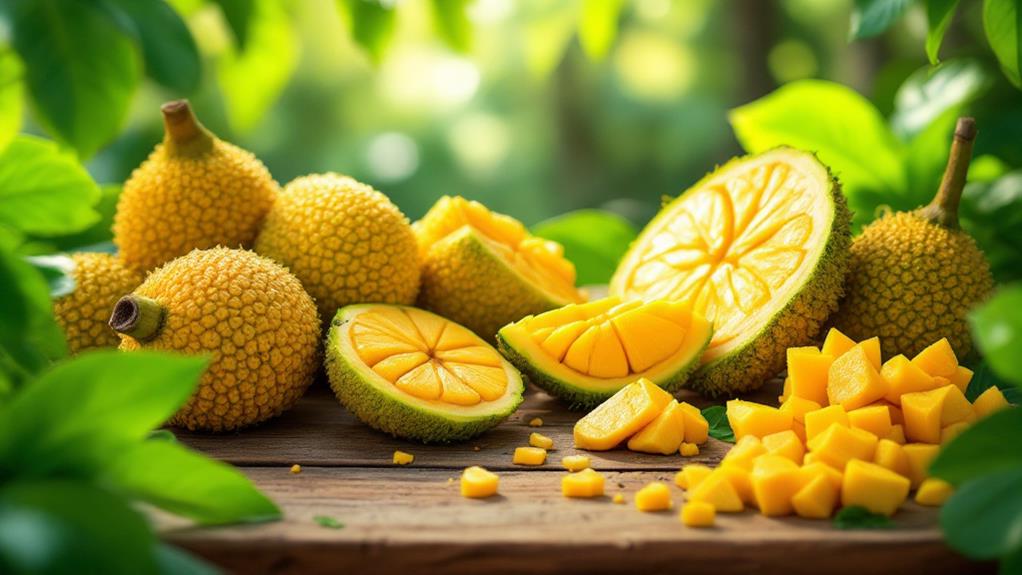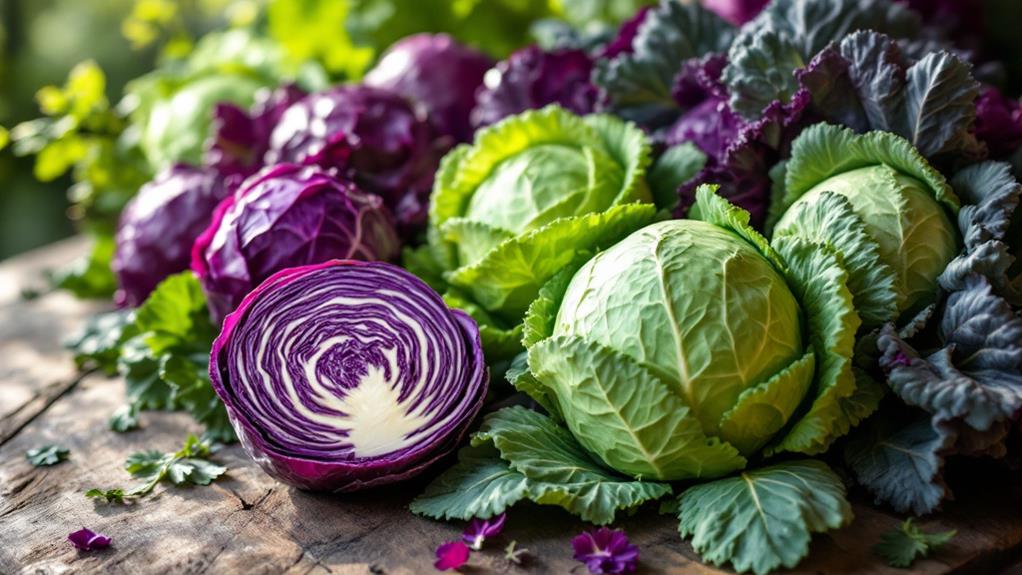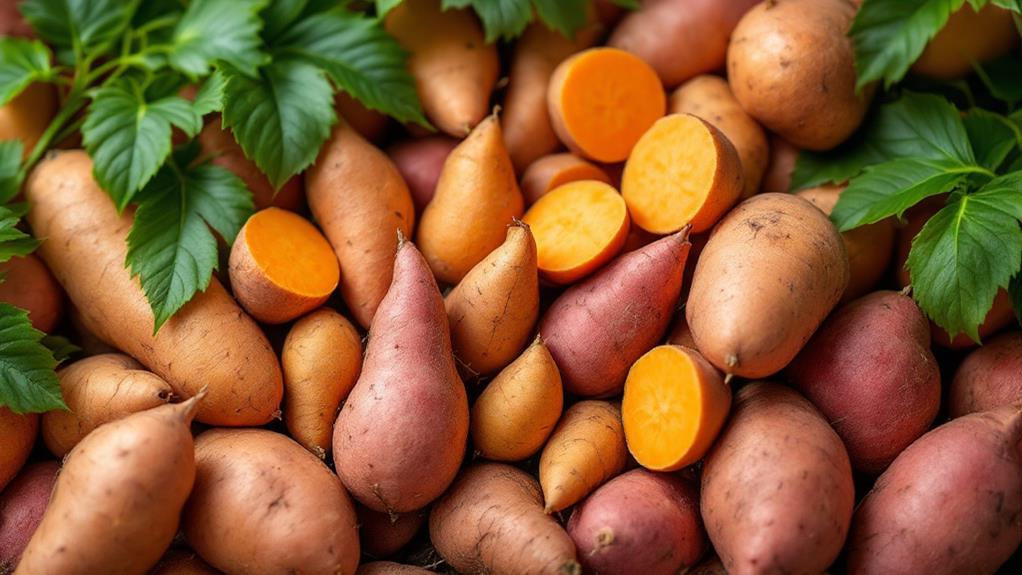The Ultimate Guide to Jasmine: Types, Benefits, and Uses
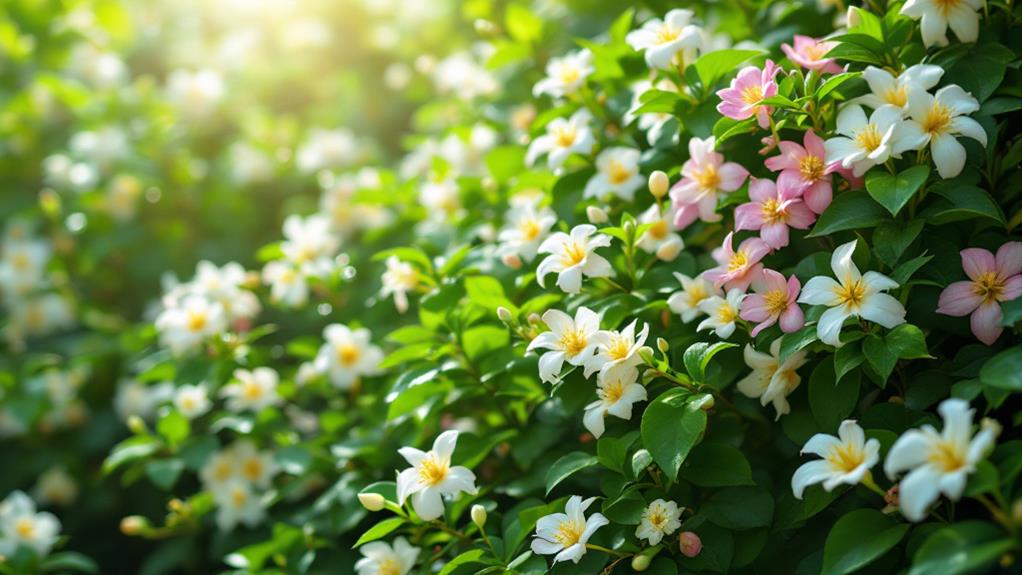
Investigate the enchanting world of jasmine, where over 200 species, like Common and Arabian Jasmine, offer unique scents. Uncover how jasmine crucial oil and tea provide calming and digestive benefits, purifying your home while soothing your skin. Use jasmine in cosmetics for a soothing effect or in hair conditioners for supplementary shine. Traditionally, it symbolizes love and purity in ceremonies. For best growth, verify your jasmine enjoys well-drained soil, ample sunlight, and careful pruning. Reveal how jasmine's cultural significance and diverse benefits make it an indispensable addition to your life, leading to fascinating details about this floral gem.
Exploring Jasmine Varieties
In the domain of exploring jasmine varieties, you're in for a fragrant treat. With over 200 species, jasmine offers a rich tapestry of scents and sights. Common Jasmine, or Jasminum officinale, enchants with its fragrant white flowers, perfect for adding elegance to your garden. Arabian Jasmine, known as Jasminum sambac, is cherished for its small, waxy blooms that are both aromatic and visually appealing.
Among the unique varieties, you'll find White Jasmine (Jasminum polyanthum), which delights with pink buds that unfurl into fragrant white flowers, ideal for trellises or as climbers. If you're drawn to larger plants, Royal Jasmine (Jasminum grandiflorum) might be your choice, capable of reaching 40 feet tall, thriving in moist, well-drained soil, and blooming through summer and fall.
Consider Angel Wing Jasmine (Jasminum nitidum) for its distinctive white flowers tinged with purple, perfect for pots or hanging baskets. Lemon-Scented Jasmine (Jasminum azoricum) is another standout, requiring fertile, well-draining soil, and gracing your garden with white flowers from late spring to late autumn. With attentive plant care, these jasmine varieties will fill your space with their delightful fragrance.
Health and Aromatic Benefits
Jasmine's allure extends beyond its enchanting scent, offering a range of health and aromatic benefits that enrich your well-being. When you use jasmine vital oil, its calming properties can help lower anxiety and stress levels, making it a popular choice in aromatherapy. This oil promotes relaxation and can improve your sleep quality by reducing insomnia symptoms. If you enjoy a warm cup of jasmine tea, you're in for a treat that does more than just comfort. Jasmine tea can enhance digestion and elevate your metabolism, thanks to its rich antioxidants.
The aromatic properties of jasmine work wonders as an air purifier, effectively eliminating unpleasant odors and improving indoor air quality. This is particularly beneficial in creating a soothing environment at home. Additionally, jasmine's skin-soothing benefits make it a favored ingredient in cosmetics and personal care products. The flowers' natural compounds help moisturize and soothe your skin, leaving it feeling refreshed.
Incorporating jasmine into your daily routine, regardless of whether through vital oils, tea, or skincare, offers a holistic approach to improving your physical and mental well-being while enveloping you in its delightful fragrance.
Practical Uses of Jasmine
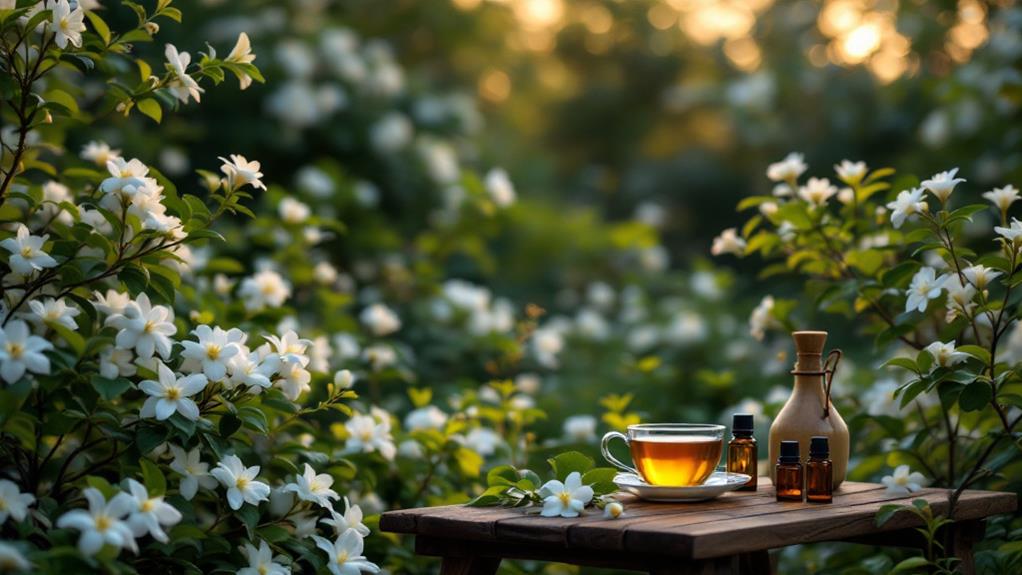
Beyond the enchanting benefits jasmine offers to your health and aromatic experiences, its practical applications improve everyday living. Jasmine vital oil is a gem in the world of beauty and fragrance. It's infused into cosmetics and personal care products, providing a soothing and luxurious sensory experience. You'll find jasmine flowers being used in hair conditioners, adding softness and shine to your locks.
Jasmine tea, crafted from dried jasmine flowers, is more than just a delightful drink. It supports your physical and mental well-being by aiding digestion and improving sleep quality. You can savor its unique floral flavor while enjoying these benefits.
Jasmine isn't just about beauty; it plays an important role as an air-purifying agent. By filtering pollutants, it improves indoor air quality, leaving spaces with a fresh, pleasant fragrance.
Here are some practical uses of jasmine to ponder:
- Beauty and Fragrance: Use jasmine vital oil in your skincare routine.
- Herbal Remedy: Enjoy jasmine tea for its digestive and sleep-improving properties.
- Cultural Significance: Incorporate jasmine flowers in ceremonies for love and purity.
These versatile uses highlight jasmine's role in everyday life.
Optimal Care Practices
To guarantee your jasmine plants thrive, a few key practices make all the difference. Start with well-drained soil, ideally a mix of potting soil, vermicompost, and garden manure, to promote healthy growth and lively blooms. Achieving the ideal exposure is essential; aim for about six hours of sunlight daily. This balance of sun and shade keeps jasmine plants flourishing.
During the growing and flowering stages, regular watering is important. However, be careful to avoid waterlogging, as it can lead to root rot. Generously water your jasmine, but confirm the soil drains well. During the flowering season, apply a balanced fertilizer to promote lush blooms and robust plant health. This step is vital for the complete vitality and flowering potential of your plants.
Pruning plays a significant role in maintaining the shape and stimulating new growth. After the flowering season, trim your jasmine plants to encourage healthy regrowth and improve their structure. By adhering to these care practices, you'll support your jasmine's thriving and enjoy its beautiful, fragrant flowers. Remember, these steps are straightforward yet impactful in fostering a flourishing jasmine garden.
Cultural and Symbolic Significance
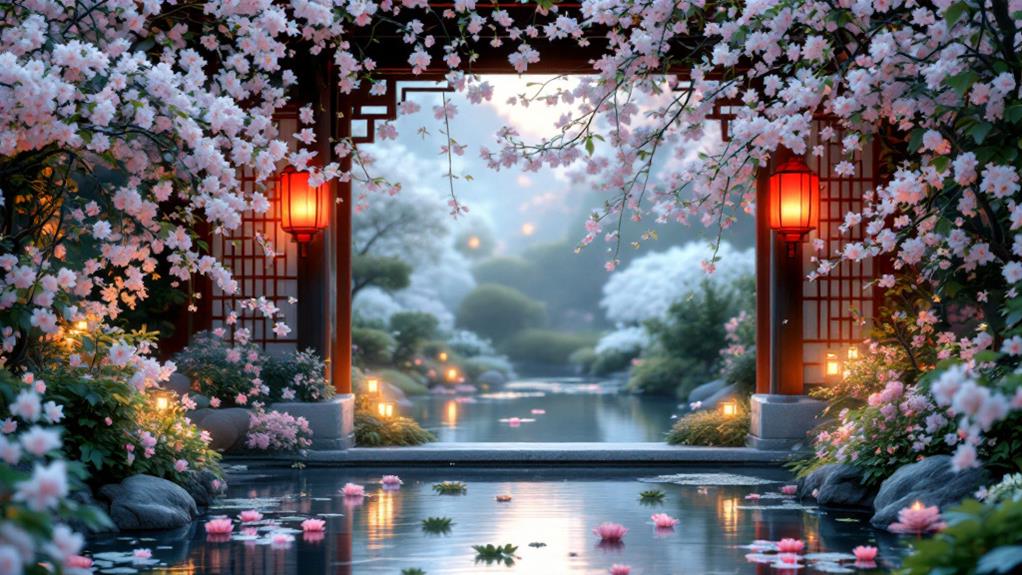
The allure of jasmine transcends its physical beauty, weaving itself into the cultural and symbolic tapestries of many societies. Jasmine's white flowers are not only visually stunning but also carry a deep aromatic fragrance that captivates the senses. You'll find these flowers frequently associated with love, beauty, and purity, which is why they're often chosen for adornments in wedding ceremonies across diverse cultures. In many Asian traditions, jasmine symbolizes good luck and prosperity. It's a frequent participant in cultural rituals and celebrations, especially in the Philippines, where its fragrance and symbolism are highly esteemed.
In literature and poetry, jasmine often represents sensuality and romance, becoming a cultural icon in artistic expressions. Its intoxicating fragrance is believed to promote emotional well-being, making it a favored scent in aromatherapy and traditional healing practices.
Consider these cultural and symbolic aspects of jasmine:
- Weddings and Ceremonies: A symbol of purity and love.
- Cultural Rituals: Used for good luck and prosperity.
- Emotional Well-being: The fragrance improves mood and well-being.

